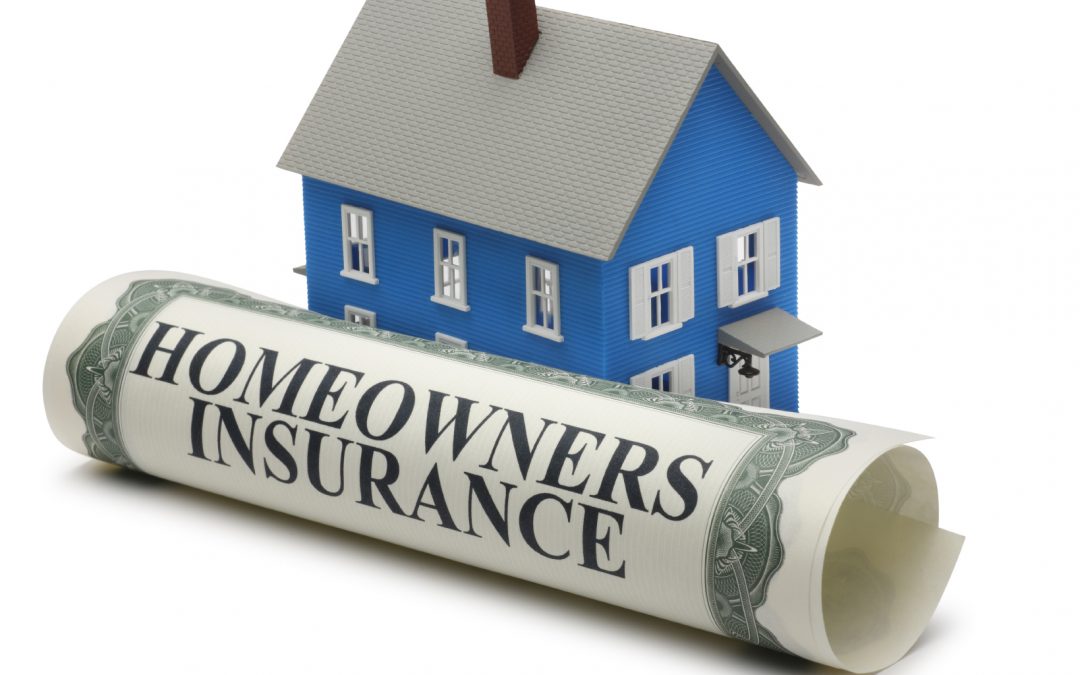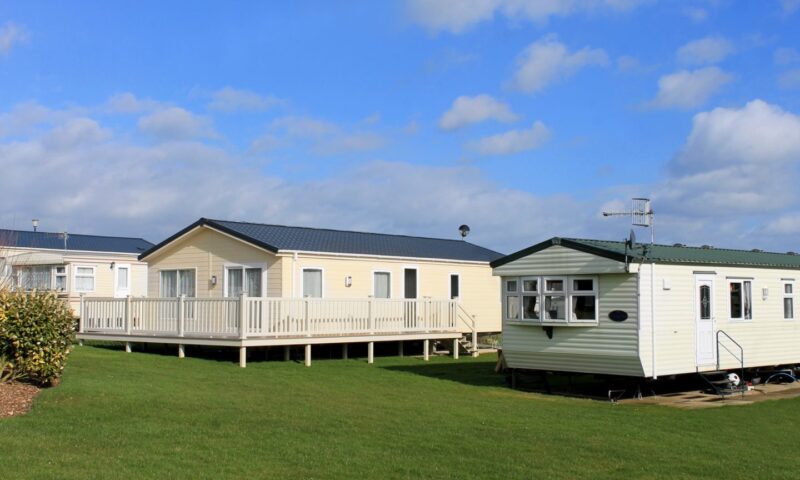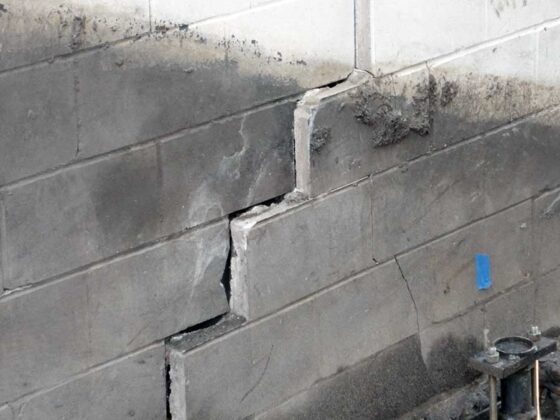When you’re considering the purchase of mobile home insurance, it’s not just a matter of ticking off a checklist; it’s an intricate dance of assessing risks, understanding your unique living situation, and navigating a myriad of policy options. The world of mobile home insurance can be daunting, filled with jargon and fine print that often leaves potential buyers scratching their heads.
After all, your mobile home is not merely a structure; it’s a place brimming with memories, personal belongings, and, fundamentally, your sense of security. From coverage limits and deductibles to the nuances of replacement cost versus actual cash value, making informed decisions is key.
As you embark on this journey, keep in mind the essential factors that can safeguard your investment and ensure peace of mind—because in the realm of mobile home insurance, being prepared is half the battle.
Understanding Mobile Home Insurance Basics

Understanding mobile home insurance basics is essential for safeguarding your investment and ensuring peace of mind. Unlike traditional homeowners’ policies, mobile home insurance is specifically designed to cater to the unique needs of mobile homeowners, encompassing a wide range of coverage options.
This includes protection against damages from natural disasters, liability for injuries that occur on your property, and coverage for personal belongings. But insurance can be complex, with terms that may leave you scratching your head.
For instance, the distinction between “actual cash value” and “replacement cost” can significantly impact the compensation you receive in the event of a claim. Additionally, factors such as location, age of the home, and even the type of materials used in its construction can influence your premiums.
It’s not just about picking a policy; it involves dissecting your needs, evaluating risks, and selecting adequate coverage that provides real security. A thorough understanding of these fundamentals can empower you to make informed decisions, ensuring that your mobile home is protected in every scenario that life may throw your way.
Assessing Your Coverage Needs

Assessing your coverage needs for mobile homes insurance is a critical first step that demands careful consideration of various factors. Begin by evaluating the unique characteristics of your mobile home: its age, location, and structure type can significantly influence your insurance requirements.
Think about the potential risks in your area—are you in a region prone to severe weather, flooding, or wildfires? These elements can dictate the types of coverage you should prioritize. Furthermore, consider your personal belongings and any additional structures on your property; theft or damage to your possessions could result in substantial losses.
Its also wise to assess your financial situation—how much can you afford to pay out-of-pocket in case of a claim? Balancing the coverage you desire with your budget will help you make informed decisions as you navigate the complexities of mobile homes insurance. Ultimately, a thorough understanding of your specific needs will empower you to tailor a policy that offers peace of mind without breaking the bank.
Evaluating Location and Risk Factors

When evaluating mobile home insurance, understanding your location and its associated risk factors is paramount. For instance, living in an area prone to natural disasters—such as hurricanes, tornadoes, or floods—can significantly impact your insurance premiums and coverage options. However, it’s not just about natural calamities; crime rates, proximity to fire stations, and even the age of surrounding structures can contribute to your risk profile.
Is your mobile home nestled in a serene countryside or a bustling urban setting? Each scenario comes with its own set of vulnerabilities and potential insurance implications. Moreover, unique local regulations and building codes can also sway your insurance needs.
All these elements weave a complex tapestry of risk, demanding thorough analysis and research to ensure you secure the best possible policy to protect your investment.
Conclusion
In conclusion, purchasing mobile homes insurance is a crucial step in safeguarding your investment and ensuring peace of mind. By understanding the unique characteristics of mobile homes and evaluating factors such as coverage options, liability protection, and additional living expenses, you can make an informed decision that meets your needs.
Its essential to shop around, compare policies, and consult with knowledgeable agents to find the right coverage that fits your lifestyle and budget. Ultimately, taking the time to assess your options will provide you with the security and confidence you need in your mobile living experience.


